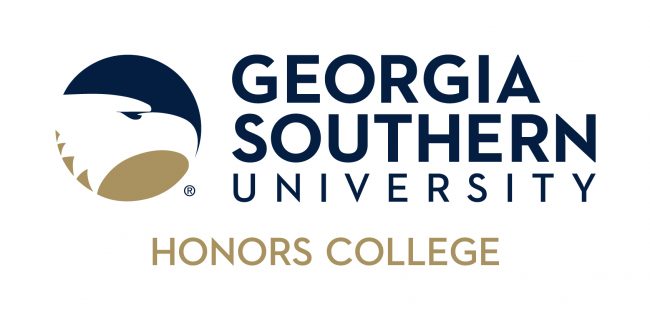Synthesis and Characterization of Fischer-Tropsch Catalysts for Sustainable Aviation Fuel Production
Location
Staesboro Campus (Room 2054)
Document Type and Release Option
Thesis Presentation (Open Access)
Faculty Mentor
Dr. Prakashbhai Bhoi
Faculty Mentor Email
pbhoi@georgiasouthern.edu
Presentation Year
2022
Start Date
16-11-2022 7:05 PM
End Date
16-11-2022 8:05 PM
Description
Our planet is experiencing a global climate crisis. Immediate actions must be taken in order to slow the increase of greenhouse gasses in our atmosphere. One area that has seen increased promise in emissions reductions is the aviation industry. Using sustainable aviation fuel (SAF) can have the effect of reducing the industries carbon footprint by over 70%, and goals have been set to achieve an aviation industry running on only SAF by the year 2050. While there are several ways to produce SAF, a novel solution is to use a Fischer-Tropsch reactor with a biochar derived syngas to produce energy dense fuels. Using biochar derived syngas for this process allows the final fuel products to be sourced from any assortment of biomass sources. This makes fuels produced from this process excellent forms of renewable energy. In order to make this process cost effective, it is ideal that the largest possible fraction of products lies within the C5-C20 hydrocarbon chain length category. This is the category of liquid hydrocarbons that SAF can be produced from. The best way to ensure a high selectivity to this range of liquid hydrocarbons is to utilize catalysts within the reactor. The purpose of this research is to synthesize and characterize promising catalysts in order to ascertain whether they will return a 70% yield of ideal liquid hydrocarbons.
Academic Unit
Allen E. Paulson College of Engineering and Computing
Synthesis and Characterization of Fischer-Tropsch Catalysts for Sustainable Aviation Fuel Production
Staesboro Campus (Room 2054)
Our planet is experiencing a global climate crisis. Immediate actions must be taken in order to slow the increase of greenhouse gasses in our atmosphere. One area that has seen increased promise in emissions reductions is the aviation industry. Using sustainable aviation fuel (SAF) can have the effect of reducing the industries carbon footprint by over 70%, and goals have been set to achieve an aviation industry running on only SAF by the year 2050. While there are several ways to produce SAF, a novel solution is to use a Fischer-Tropsch reactor with a biochar derived syngas to produce energy dense fuels. Using biochar derived syngas for this process allows the final fuel products to be sourced from any assortment of biomass sources. This makes fuels produced from this process excellent forms of renewable energy. In order to make this process cost effective, it is ideal that the largest possible fraction of products lies within the C5-C20 hydrocarbon chain length category. This is the category of liquid hydrocarbons that SAF can be produced from. The best way to ensure a high selectivity to this range of liquid hydrocarbons is to utilize catalysts within the reactor. The purpose of this research is to synthesize and characterize promising catalysts in order to ascertain whether they will return a 70% yield of ideal liquid hydrocarbons.


